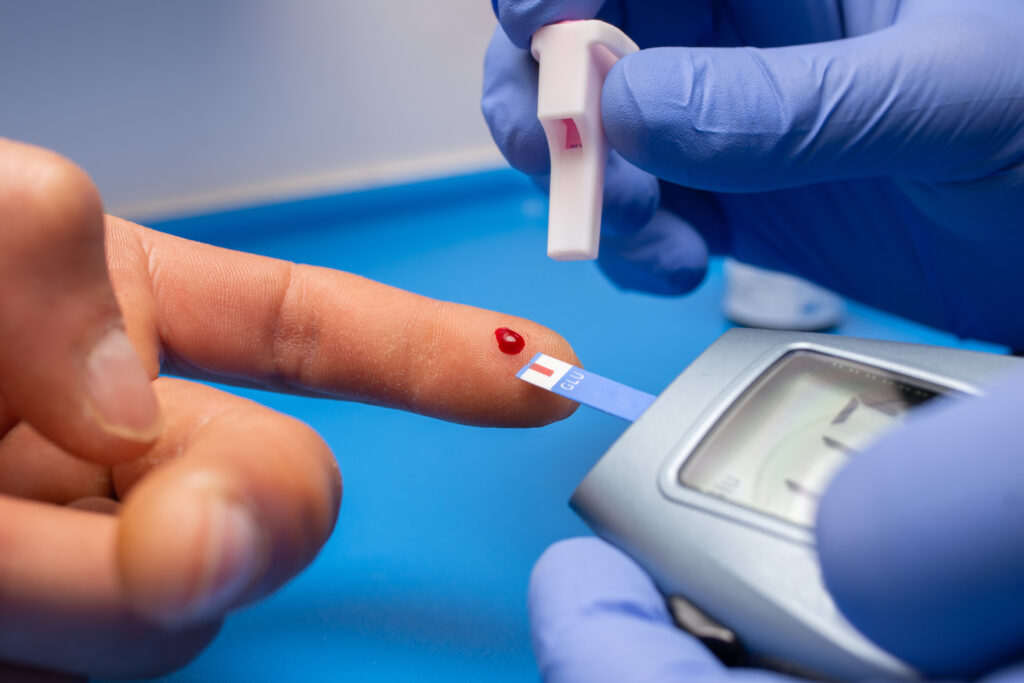Gestational diabetes (GDM) is a form of diabetes that occurs during pregnancy and affects approximately 2-10% of pregnancies each year.
Standards of care for this condition are essential to ensure a healthy and happy pregnancy for both expecting mothers and their babies.
By making simple, sustainable life changes, mothers-to-be can efficiently manage gestational diabetes and avoid potential complications.
In this blog post, we will discuss the importance of standards of care for gestational diabetes and share some fundamental daily life changes to help manage this condition, which can significantly improve health outcomes for mothers and their children.
Understanding Gestational Diabetes and Its Impact
Gestational diabetes is a form of diabetes that occurs specifically during pregnancy. If not managed properly, it can lead to complications for both the mother and her unborn child.
Pregnant women with gestational diabetes are at a higher risk of:
- Preeclampsia
- Preterm labour
- Excessive birth weight
Focussing on daily sustainable lifestyle changes is crucial to prevent such complications and optimize diabetes care.
Simple Daily Life Changes to Improve Standards of Care for Gestational Diabetes
Nutritious Meal Plans
Eating nutritious meals is crucial in managing gestational diabetes, as they help maintain stable blood sugar levels.
Here are some simple meal-planning tips:
- Eat small, frequent meals:Divide your daily caloric intake into 5-6 small meals to help maintain even blood sugar levels.
- Include slow-release carbohydrates:Foods like whole grains, legumes, and vegetables are rich in fibre and allow for a slow release of glucose into the bloodstream, maintaining stable blood sugar levels.
- Avoid refined sugars and processed foods:These foods can lead to sudden spikes in blood sugar levels, making it difficult to manage gestational diabetes.
- Prioritize lean proteins and healthy fats:Choose lean meat, fish, low-fat dairy products, and plant-based protein sources, along with healthy fats like avocado and olive oil, to support healthy blood sugar levels and overall nutrition.
Regular Physical Activity
Engaging in regular physical activity is another essential part of gestational diabetes management. Exercise helps improve insulin sensitivity and maintain healthy blood sugar levels.
Daily activities to consider include:
- Prenatal yoga:Low-impact exercises and stretches designed for pregnant women to help improve flexibility, strength, and relaxation.
- Walking:A gentle walk of 20-30 minutes per day can significantly improve blood sugar control and overall health.
- Swimming:Water-based activities are excellent choices for pregnant women, as they provide gentle resistance and buoyancy, reducing the strain on joints.
- Strength training:Low-impact, supervised strength training can help build and maintain muscle during pregnancy, enabling better blood sugar control.
Please consult your healthcare provider before beginning any exercise program during pregnancy.
Monitoring Blood Sugar Levels
Frequent self-monitoring of blood glucose levels is crucial in managing gestational diabetes. Keeping track of your blood sugar levels helps you identify patterns and make necessary adjustments to your daily activities.
Consider the following:
- Check blood sugar levels:Monitor your blood sugar levels a few times daily, preferably before and after meals, to ensure a healthy range (as recommended by your healthcare provider).
- Keep Records:Maintain a diary or utilize a digital app for tracking your blood sugar levels, food intake, and physical activity.
- Consult your healthcare provider:Regularly communicate with your healthcare provider to adjust your diabetes care plan according to your individual needs.
Conclusion: Prioritize Health and Make Informed Choices
Managing gestational diabetes requires simple yet sustainable daily life changes. Key elements in maintaining the standards of care for gestational diabetes are,
- Ensuring a nutritious meal plan
- Engaging in regular physical activities
- Closely monitoring blood sugar levels
We encourage expectant mothers with gestational diabetes to share their experiences and talk about the sustainable changes they’ve made to manage their condition.
Feel free to comment below and join the conversation.

